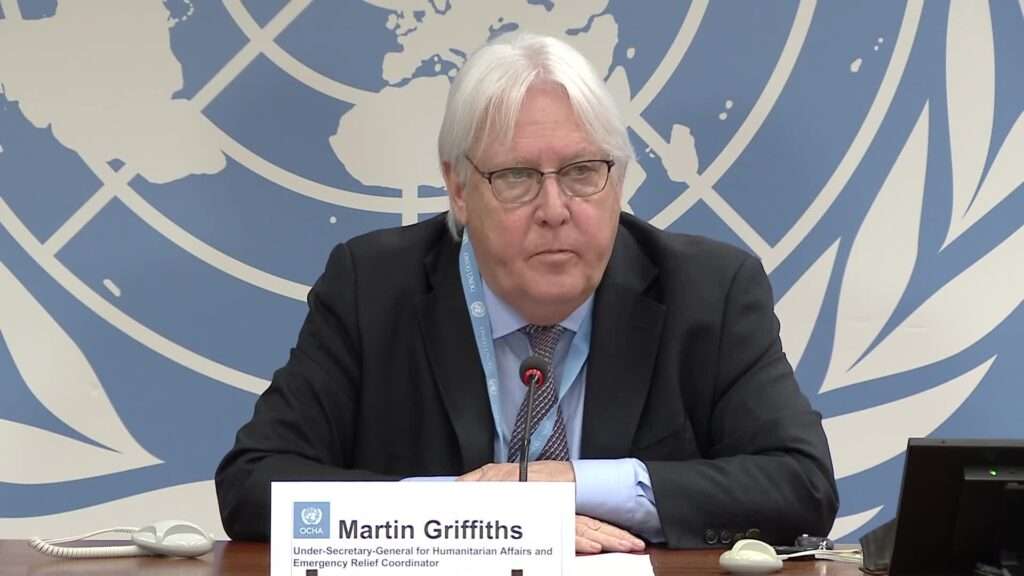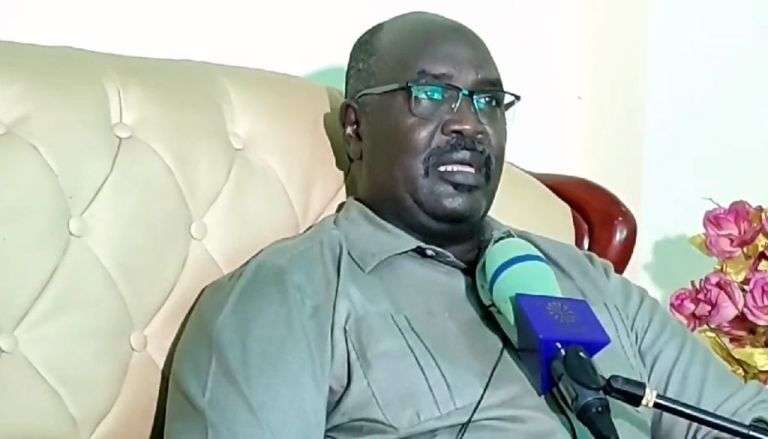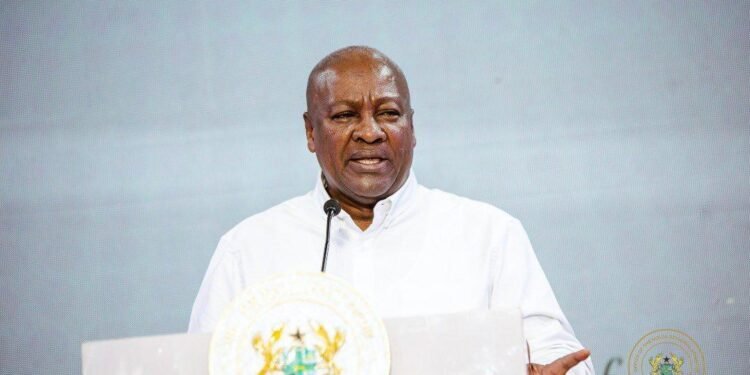In order to tackle the worsening humanitarian situation in Sudan, the United Nations urged nations in the Middle East and Europe to step up relief operations in the war-torn country. The conflict between the Army and the paramilitary Rapid Support Forces, for authority over the nation, has rattled Sudan for over two months.

According to the Sudanese Health Ministry, more than 3,000 people have died in the battle, which has destroyed Sudan’s frail infrastructure and reignited interethnic conflict in the western Darfur region.
“The scale and speed of Sudan’s descent into death and destruction is unprecedented,” United Nations’ Secretary-General António Guterres said at the commencement of a meeting, that the organization sponsored and co-hosted by Egypt, Germany, Qatar, Saudi Arabia, and the African Union in the Swiss city of Geneva.
According to Guterres, less than 17% of the $3 billion in help needed for the organization’s urgent humanitarian initiative, which started after the war began on April 15, has been provided.
Throughout the course of the discussion, many state delegates made further contributions. Sheikh Mohammed bin Abdulrahman Al Thani, the Foreign Minister of Qatar, announced that the Gulf state would contribute $50 million to the initiative.

Also, Katja Keul, State Minister at the German Federal Foreign Office disclosed that, Berlin would be committing 200 million euros in humanitarian assistance for Sudan, and the surrounding area. Samantha Power, the Administrator of the United States Agency for International Development, said that, Washington will be providing a further $171 million in aid to Sudan.
Martin Griffiths, the Chief Humanitarian Official for the United Nations, announced that the organization would provide an additional $22 million to the initiative. However, it’s still unknown whether Saudi Arabia and Egypt, two of the conflict’s major mediators, would contribute additional financial resources to the relief effort.

According to the U.N., more than half of Sudan’s population, thus 24.7 million people, needs humanitarian aid. According to the most recent U.N. statistics, more than 2.2 million people have left their homes in search of safety in other parts of Sudan, or in neighboring countries.
The U.S. and Saudi Arabia successfully mediated a three-day cease-fire between the nation’s warring factions on Sunday morning. This has been the seventh cease-fire, since the fighting started, but most of them have failed.

The capital city of Khartoum and other metropolitan areas have become battlegrounds due to the turmoil. Residents and activists claimed that, the paramilitary force, led by Gen. Mohammed Hamdan Dagalo, has taken over homes and other civilian facilities. Gen. Abdel-Fattah Burhan and his Army, on the other hand, have conducted numerous airstrikes in heavily populated civilian neighborhoods.
Genena
Some of the worst bloodshed has occurred in the region of West Darfur, thousands of its citizens fleeing to the nearby Chad. According to rights organizations, the non-Arab Masalit community has been the target of repeated attacks on Genena, the provincial capital, by the Rapid Support Forces and associated Arab militias.

Earlier this week, Masalit Khamis Abdalla Abkar, the former governor of the province, was kidnapped and slain after he gave a televised interview in which he claimed that Genena, had been attacked by Arab militias and a paramilitary force.
The Rapid Support Forces have been blamed for the murder by the U.N., and Sudan’s military, but the RSF has refuted the claims. Griffiths referred to the state of affairs in West Darfur last week as a “humanitarian calamity.”























